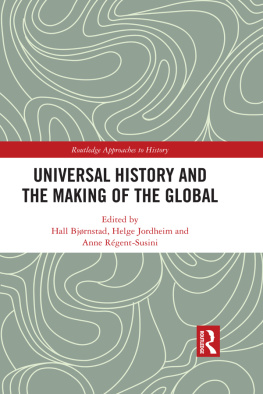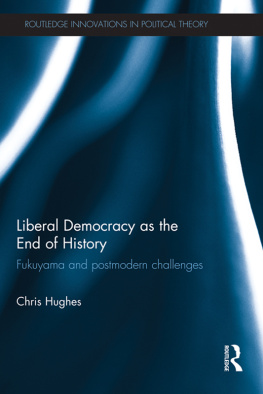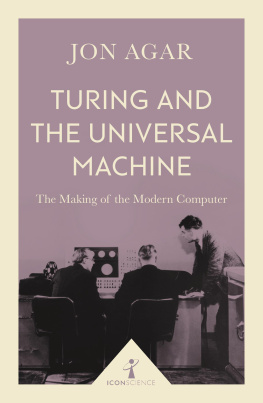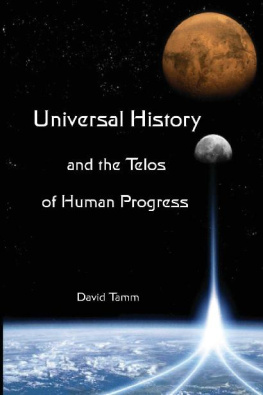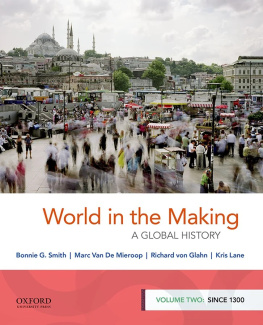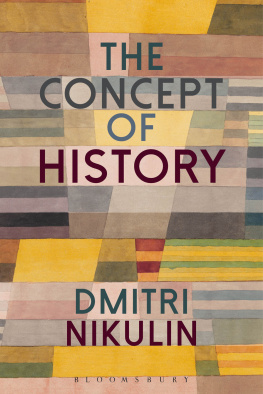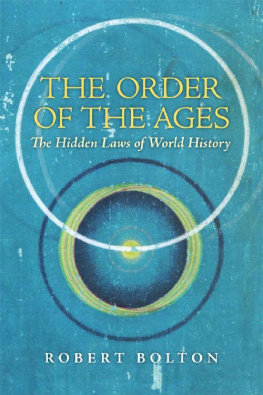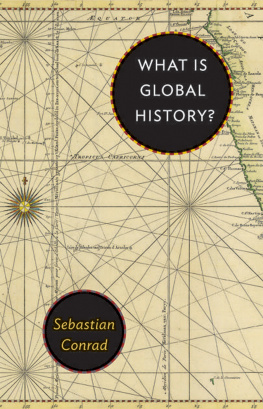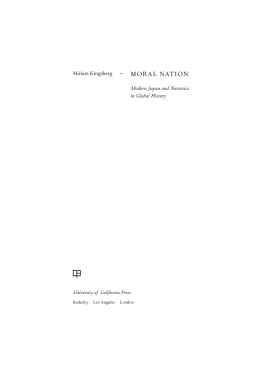Pre-Histories of the Global
Is it possible to imagine a history that includes everything and everyone? The question has haunted historiographers and other scholars in the Western world for at least two thousand years and continues to do so. At present, we experience a revival of this particular historiographic inquiry, which again spawns concepts and research programs at an astonishing rate. For a while it was possible to believe that global history constituted a kind of outer limit, that historiographers of all kinds could strive to reach, but never surpass. In the last decade, however, other temporal and spatial frames have been introduced, which effectively dwarf the global. Deep history (Daniel Lord Smail) and Big History (David Christian) expand the chronological framework by millions and billions of years, and thus widen the scope of what can meaningfully be included into what we recognize as history . In this sense, even the much-debated revision of the geological timescale to include the Anthropocene, the age when humans became a geological force, changing the earth beyond the point of no return, should be included in the recent forms of historiography that address the whole, human life and history in its entirety, including the prehuman and nonhuman as parts of human history.
Neither the question nor the procedures for finding a meaningful response, however, can be described as new; on the contrary, they have been a part of Western historiography since its beginnings in Ancient Greece. This book represents an attempt at linking current historiographical practices and inquiries back to some of their many diverse predecessors, in order to both estrange and familiarize them. For reasons we will come back to, we have chosen not to establish any form of linear narrative taking us from Herodotus to Jared Diamond, but instead to zoom in on one particular period, the Early Modern, more precisely, from the late Middle Ages until the early nineteenth century. Our claim is that this period can meaningfully be used as a mirror for our own time, in which old and familiar chronologies and narratives are increasingly failing to give meaning and coherence to new knowledge about the planet. Just as the discovery of the New World and of human prehistory led to the collapse of Christian historiography, so changes in the earths layers as well as in the climate force us to reconsider the secular teleology of progress. Looking at this particular moment in Western history might help us to understand more about our own.
The form of history writing in the Early Modern period, and even before, that corresponded to present global, deep or big histories had an even more ambitious, all-encompassing label: universal. In this volume, we argue that the historiographical practice known as universal history, historia universalis , histoire universelle or Universalgeschichte , provides the most relevant and interesting diachronic historical context, the prehistory, possibly, for the current turn to the global, the deep, and the big. Universal history as a way of conceptualizing the world has its origin in Antiquity, but takes on a new relevance and urgency in Early Modern Europe. In a world of increasing complexity, with the range of known or imagined events growing on an unprecedented scale, the dominance of universal history was a response to the realization that other less comprehensive forms of knowledge were no longer sufficient to gain an understanding of events. In other words, it can be understood as a response to what Ann Blair has famously referred to as the information overload of the Early Modern period (Blair 2010). Christian Europe had been divided by the Reformation and the ensuing religious wars. The discovery of an entirely new continent in America as well as increased contact with people in Asia put pressure on the traditional Bible-based understanding of reality. Early Modern universal history can be seen as a response to the epistemological crisis provoked by new knowledge and experience, an attempt to assemble the world in order to conserve its unity.

